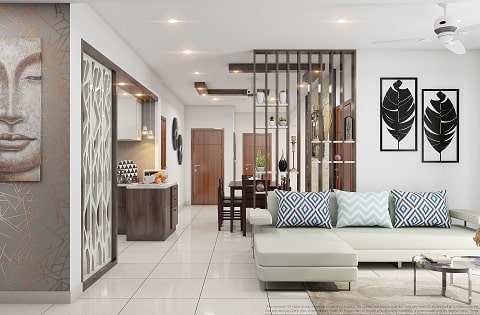Interior design is not just about decorating spaces; it holds the transformative power to redefine the way we experience our surroundings. Beyond the aesthetic allure, the benefits of interior design are manifold, shaping environments to enhance functionality and well-being.
One key advantage lies in the ability of interior design to reflect and cater to individual lifestyles. Tailoring a space to meet specific needs, whether it's a cozy home retreat or a dynamic office environment, fosters a sense of belonging and purpose. By considering the unique requirements of inhabitants, designers can create spaces that not only look stunning but also align seamlessly with daily routines.
Moreover, interior design has the potential to optimize spatial layouts, making even the smallest areas feel more open and inviting. Strategic placement of furniture, the use of color psychology, and innovative storage solutions contribute to a harmonious and efficient living or working environment.
In essence, interior design is a dynamic force capable of transforming spaces into personalized, functional, and aesthetically pleasing realms. Its influence extends far beyond visual appeal, leaving a lasting impact on the way we inhabit and interact with the places we call home or workspace.

